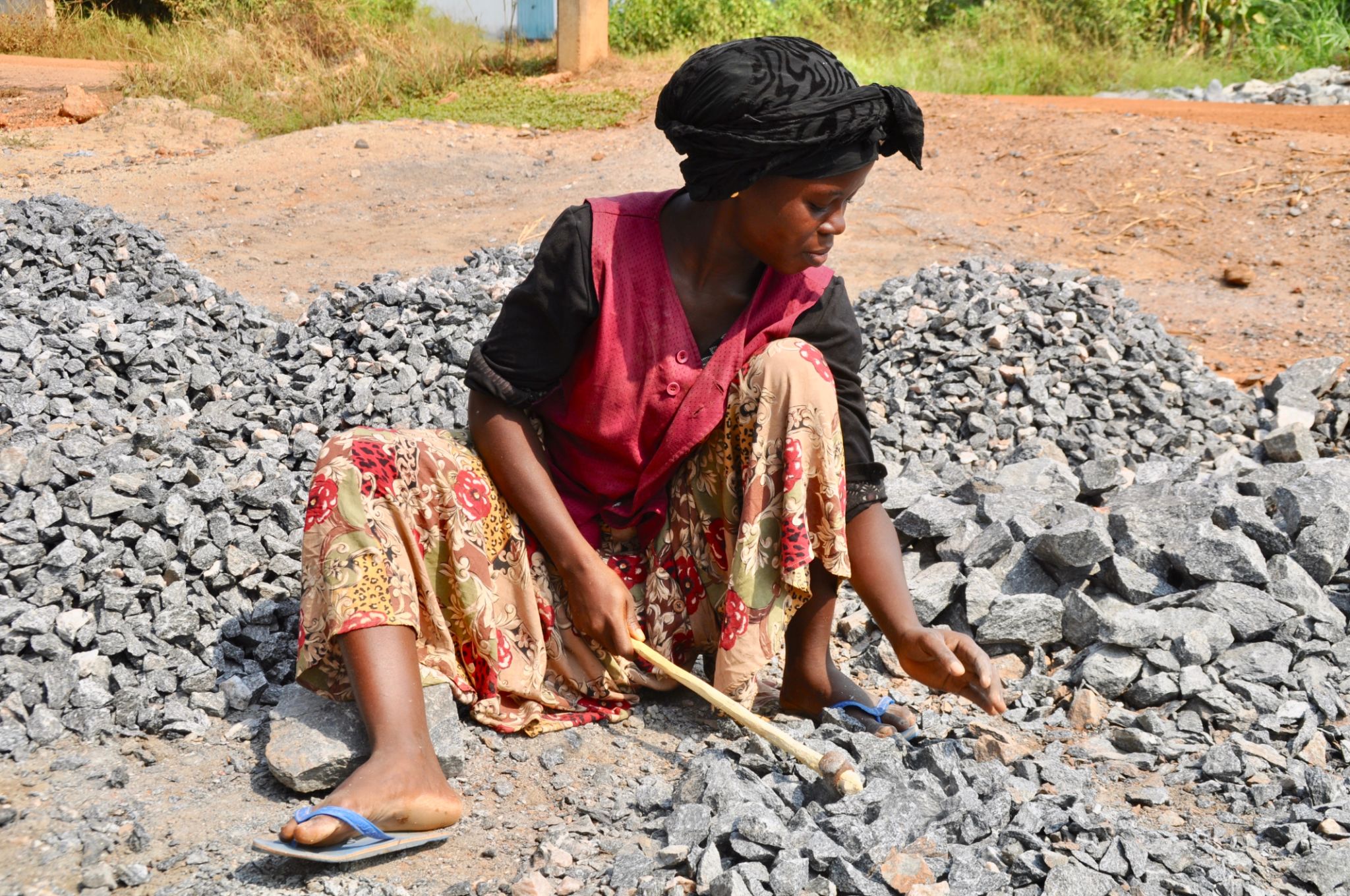A Guide to Road Construction Processes in Ghana
Understanding Road Construction in Ghana
Road construction in Ghana is a critical aspect of the country's infrastructure development. As the nation continues to grow economically, the demand for efficient and reliable road networks has increased significantly. This guide will explore the various processes involved in road construction in Ghana, providing insights into planning, execution, and the challenges faced.

Initial Planning and Design
The road construction process begins with thorough planning and design. This stage involves feasibility studies to assess the project's viability and environmental impact assessments to ensure sustainability. Engineers and planners work together to design the road's layout, considering factors such as traffic flow, safety, and environmental preservation.
Stakeholder engagement is also crucial during this phase. Government agencies, local communities, and potential investors are consulted to align the project with national development goals and community needs. This collaborative approach helps in identifying potential obstacles and finding effective solutions early on.
Securing Funding and Resources
Once the planning and design are finalized, securing funding is the next critical step. Road construction projects in Ghana are often funded through a combination of government budgets, international loans, and private investments. The availability of resources such as machinery, labor, and raw materials is also assessed to ensure the project can proceed smoothly.

Efficient resource allocation is vital to avoid delays and cost overruns. Project managers must coordinate with suppliers and contractors to secure essential materials like asphalt, cement, and aggregates. Additionally, skilled labor is sourced locally or internationally, depending on the project's complexity.
Execution of Construction
With funding and resources in place, the actual construction begins. This phase includes several stages:
- Site Preparation: Clearing vegetation, leveling the ground, and setting up temporary facilities for workers.
- Foundation Laying: Building a stable base with layers of gravel or crushed stones.
- Paving: Applying asphalt or concrete layers to form the road surface.
- Finishing Touches: Marking lanes, installing signage, and landscaping.

Challenges in Road Construction
Despite careful planning, road construction in Ghana faces several challenges. Weather conditions can significantly impact progress, especially during the rainy season when heavy rains can wash away newly laid surfaces. Additionally, logistical issues such as transporting materials to remote areas can complicate the supply chain.
Another challenge is maintaining quality standards amidst budget constraints. Ensuring that constructed roads meet safety and durability standards requires strict adherence to engineering guidelines and continuous monitoring by quality control teams.
Benefits of Road Construction
The successful completion of road construction projects brings numerous benefits to Ghana. Improved road networks enhance connectivity between cities and rural areas, facilitating trade and commerce. This connectivity boosts economic growth by reducing transportation costs and travel time for goods and people.
Moreover, well-constructed roads improve access to essential services like healthcare and education, contributing to social development. As more regions become accessible, opportunities for tourism also increase, further driving economic diversification.
The Future of Road Construction in Ghana
Looking ahead, Ghana's road construction sector is poised for growth. Innovations in construction technology and sustainable practices are expected to play a significant role in future projects. Emphasizing eco-friendly materials and techniques will help mitigate environmental impacts while ensuring long-term infrastructure resilience.
With continued investment and strategic planning, Ghana's road infrastructure is set to support the nation's vision for development. By addressing current challenges and embracing innovation, road construction can contribute significantly to building a prosperous future for all Ghanaians.
